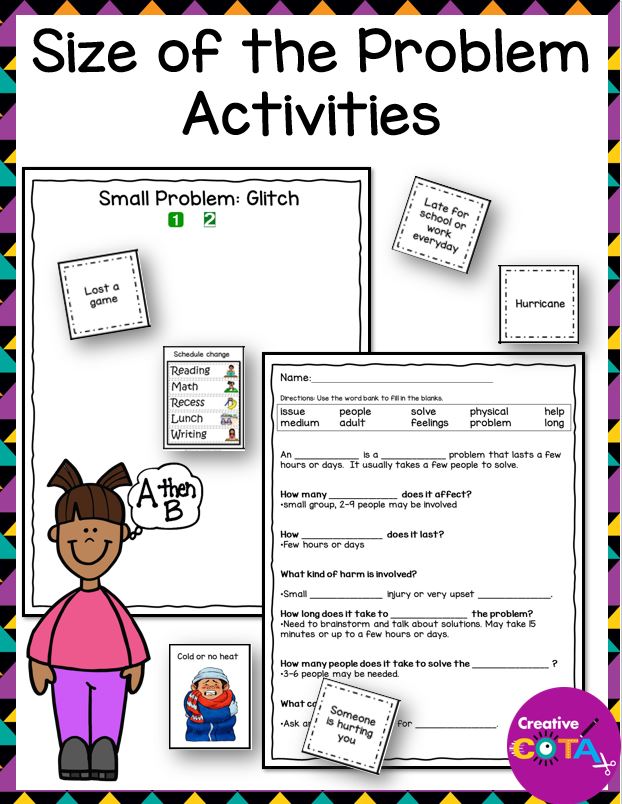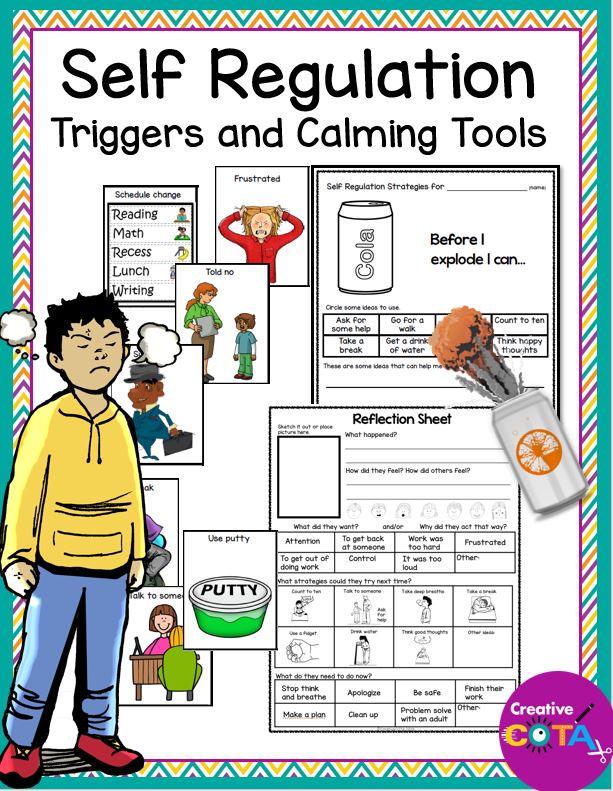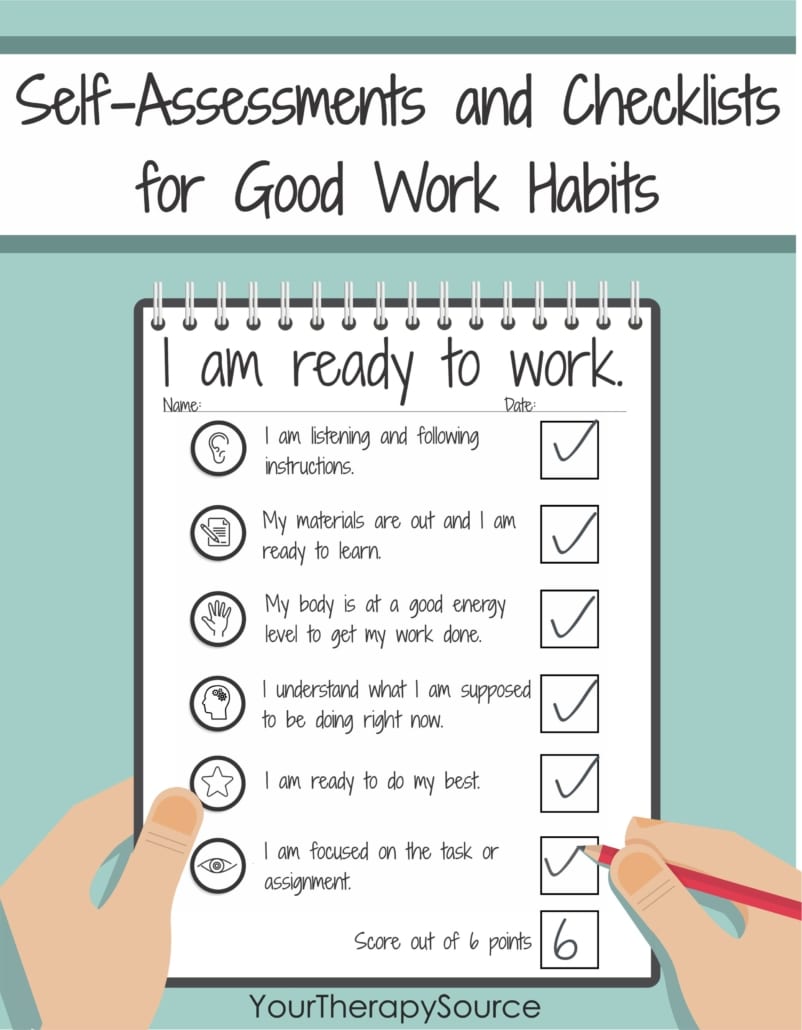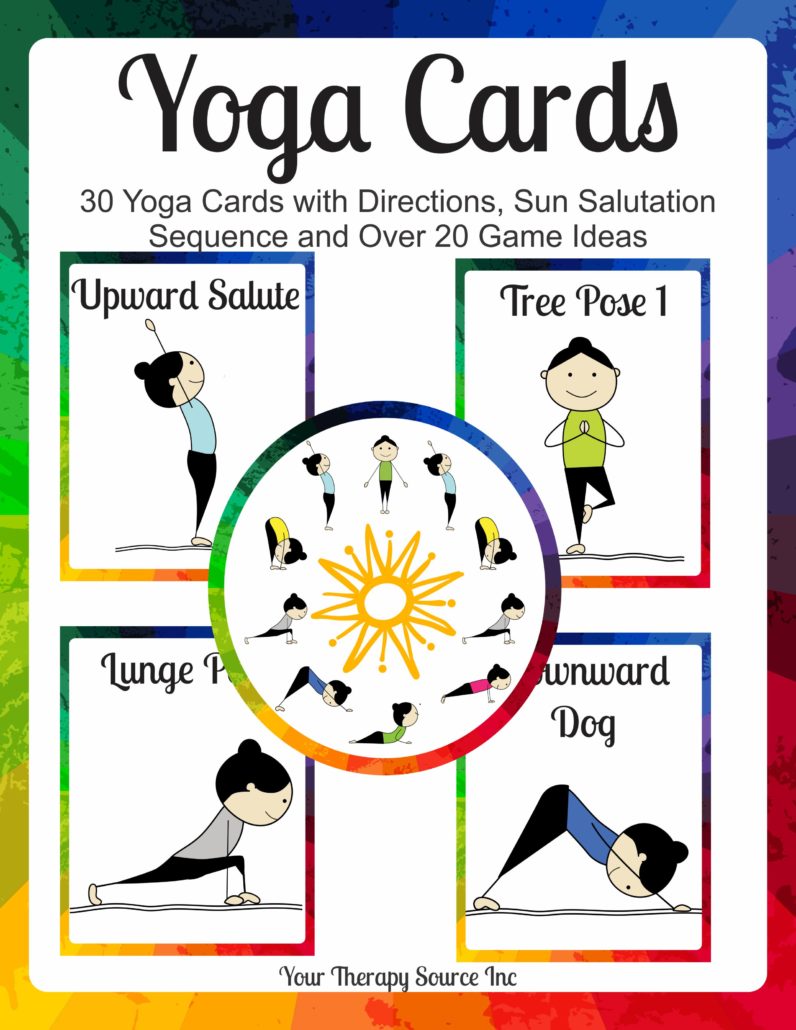ANGER MANAGEMENT FOR TEENS

While it is perfectly natural for teenagers to experience anger, unchecked rage can quickly become a problem. Anger management for teens is an important topic in today’s world. Uncontrolled anger can lead to all sorts of issues, such as academic and social problems, substance abuse, and even violence. Fortunately, there are many things teachers can do to help teenagers learn how to manage their anger in a healthy way.
WHAT IS NORMAL TEENAGE ANGER?
It’s important to understand that anger is a normal emotion. Just about everyone feels angry from time to time, and that’s okay. Anger becomes a problem when it’s out of proportion to the situation, or when it acts as a warning sign for harmful behaviors. For example, say a teen gets a bad grade on a test. It would be normal for them to feel upset or angry about it. But if they respond by throwing a tantrum, smashing their laptop, or getting into a fight with a classmate, that’s when you know there’s a problem.
Teen anger can also be a problem if it’s preventing them from doing things they enjoy, or if it’s causing them stress and anxiety. Many adolescents have mood swings, which is normal. But if your teen is so angry all the time that they’re not going to school, hanging out with friends, or participating in extracurricular activities, that’s a problem. Anger management for teens is all about helping them find healthy ways to deal with their anger.

Size of the Problem Visual Supports and Activities
ANGER-RELATED BEHAVIOR IN TEENS
There are a few different types of behavior that are often seen in young people with anger management issues.
Acting Out In Violence
This is probably the most concerning type of behavior. If your teen is getting into physical fights, destroying property, or hurting animals, that’s a sign that they’re struggling to deal with their anger or aggression.
Withdrawing From Others
If your teen is isolating themselves from their peers, friends, and family, or if they’re skipping school, that’s also a sign of anger management issues.
Verbal Angry Outbursts:
Yelling, cursing, and name-calling uncontrollably are all red flags when it comes to anger management.
Substance Abuse Or Addiction
Some teens turn to drugs or alcohol in an attempt to self-medicate their anger or frustration. If you suspect your teen is using drugs or alcohol, that’s a sign that they need help dealing with their anger.

Self Regulation Triggers and Calming Tools
WHY ARE SOME TEENS ANGRY ALL THE TIME?
There are a number of different factors that can contribute to anger issues in teenagers.
Genetics
Anger can be passed down from generation to generation. If the family has a history of anger problems, there’s a good chance those problems could show up when the children are teenagers.
Environment
When teens are exposed to a lot of violence, either at home or in their community, that can make it harder for them to control their anger.
Stress
Teens are under a lot of pressure, both at school and at home. It’s not uncommon for teenagers to feel overwhelmed by all the demands placed on them. This can lead to stress, which can in turn lead to anger.
Mental Health Issues
Anger is often a symptom of underlying mental health issues, such as depression, anxiety, or post-traumatic stress disorder. If teens are struggling with mental health issues, that can be a major contributor to their anger.
WHAT CAN YOU DO TO HELP WITH ANGER MANAGEMENT FOR TEENS?
If you’d like to help with teenage anger management, there are a few things you can do to help.
Talk To Them
The first step is to talk with teenagers about their anger. Let them know you’re concerned and that you want to help them find healthy ways to deal with their anger. Encourage them to practice acknowledging and identifying their emotions.

Emotional Intelligence Activities for Teens
Connect With Professionals
There are many resources available to help teens with anger management. Talk to a doctor, therapist, or school counselor about anger management programs in your area. A professional can help teens identify the underlying causes of their anger and develop healthy coping mechanisms.
Be A Good Role Model
It’s important to model healthy anger management for teens. If you’re able to handle your own anger in a constructive way, that will go a long way towards helping teens learn to do the same.
SELF-MONITORING ANGER FOR TEENAGERS
One of the best things your teen can do to manage their anger is to keep track of it. Teach them to rate their level of anger on a scale of 1-10 before and after they do something to help calm themselves down. This will help them become more aware of their anger and learn what works and doesn’t work for them when it comes to managing it.

Self-Assessments and Checklists for Good Work Habits
CONTROLLING ANGER IN TEENS
There are a number of things teens can do to control their anger. Guide them to:
Take A Break
If a teenager feels like they’re about to lose control, have them take a break from the situation. They can step outside for some fresh air, go for a walk, or listen to calming music.
Use Positive Self-Talk
Help teenagers replace negative thoughts with positive ones. For example, if they’re thinking “I can’t do this,” have them say “I CAN handle this.” Read more on positive self talk.
Practice Deep Breathing
Deep breathing is a simple but effective way to calm down. Have them take slow, deep breaths and focus on their breath going in and out.

Mindfulness Middle School Workbook
Visualize Relaxation
Encourage them to close their eyes and imagine a calm, relaxing place. This can help them relax their body and mind.
Do Something Physical:
Sometimes the best way to deal with anger is to release that energy in a positive way. Suggest going for a run, dancing around the house, or punching a pillow.

Yoga Cards and Game Ideas
TIPS FOR ANGER MANAGEMENT FOR TEENS
Anger management is an important skill for teenagers to learn. With some help and guidance, they can learn how to control their anger and live a happier, healthier life. Here are some anger management tips for teenagers:
Talk To Someone
It’s important for people to talk to someone about their anger. Go to a friend, family member, therapist, or any other support system. Talking about anger will help them understand it better and learn how to cope with it.
Keep A Journal
Write down their thoughts and feelings in a journal. This can help them identify their triggers and figure out healthy ways to deal with their anger. Try this FREE Bullet Journal.
Reduce Social Media
It can be very helpful to take a break from social media to help to regulate your mood.
Avoid Drugs And Alcohol
Drugs and alcohol will only make anger management problems worse. Encourage teens to stay away from substances that will only make their anger management more difficult to handle.
Get Enough Sleep
Lack of sleep can make anger management problems worse. Make sure they are getting enough rest so they can deal with their anger in a healthy way.
Eat Healthy
Eating healthy foods will help their bodies and minds function better. A healthy diet will also help them deal with irritation and anger more effectively.
Listen To Music
When they are feeling angry, have them take a break from the situation. They can listen to calming music and distract, but also relax their minds.
You can read more about coping skills for teens here.

Body Scan Meditation for Kids
Seek Professional Help
Encourage teens or help them find a good therapist, doctor, or psychologist if they feel like their anger is getting truly out of their control. They shouldn’t feel stigmatized for asking for help.
Anger is a normal emotion that everyone feels from time to time. It’s only when anger gets out of control and starts to negatively impact lives that it becomes a serious problem. Anger management is all about learning how to control anger so it doesn’t take over. Helping out with anger management for teens could really do them a wonderful service and change their lives for the better.



